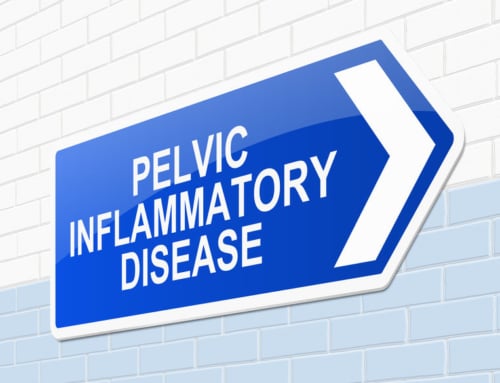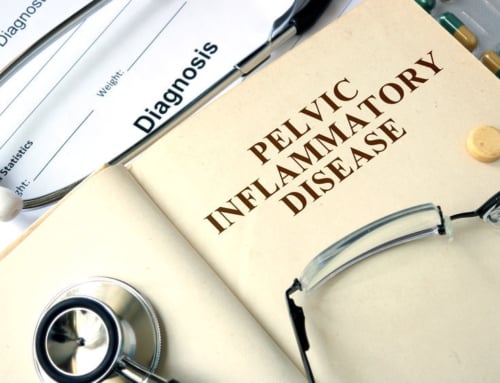Caring For Both Mom and Baby
When a woman becomes pregnant, gynecological care is suddenly about more than the health of the woman. In addition, the health and safety of the baby also need to be considered. With this in mind, some women may have questions about what routine gynecological procedures should be performed or avoided during pregnancy. For example, do women who are pregnant still need to get pap smears?
What is a pap smear?
Pap smears are screening tests for cervical cancer. The test is generally recommended every 3 years for all sexually active women or after the age of 21. Women over the age of 30 may consider having pap tests performed every 5 years in conjunction with testing for the human papillomavirus (HPV). Typically, women who can consider stopping pap smears include those over the age of 65 who have had normal results and women who have had total hysterectomies.
How does pregnancy change things?
Pap smears are a routine part of prenatal care. The tests don’t cause any harm to the fetus and are a normal part of the gynecological visit for pregnant women. If a pregnant woman has a pap smear that comes back with abnormal results, the healthcare provider will recommend further testing options that are safe to perform during pregnancy.
Abnormal results
An abnormal test result does not mean that a woman has tested positive for HPV or has cervical cancer. Abnormal results can indicate changes in the cells of the cervix. These results could mean a woman has an infection, inflammation, herpes, HPV, or a simple yeast infection. In some cases, physicians will recommend further testing through a colposcopy or biopsy. If a pregnant woman has to have a colposcopy or biopsy, there may be some slight bleeding as a side effect of the procedure. If the OB/GYN needs to perform an internal biopsy, there may be some additional risks. However, women should discuss these risks and benefits with the healthcare provider.
Guidelines for testing during pregnancy
Some women may need pap smears more often than every 3 years. During pregnancy, sometimes a healthcare provider may opt to perform multiple pap smears. Sometimes, women may have abnormal test results during pregnancy, but the birth of the baby washes away the abnormal cells. Women should discuss concerns with a healthcare provider regarding how often to have an exam and what the individual recommendations are during pregnancy.







